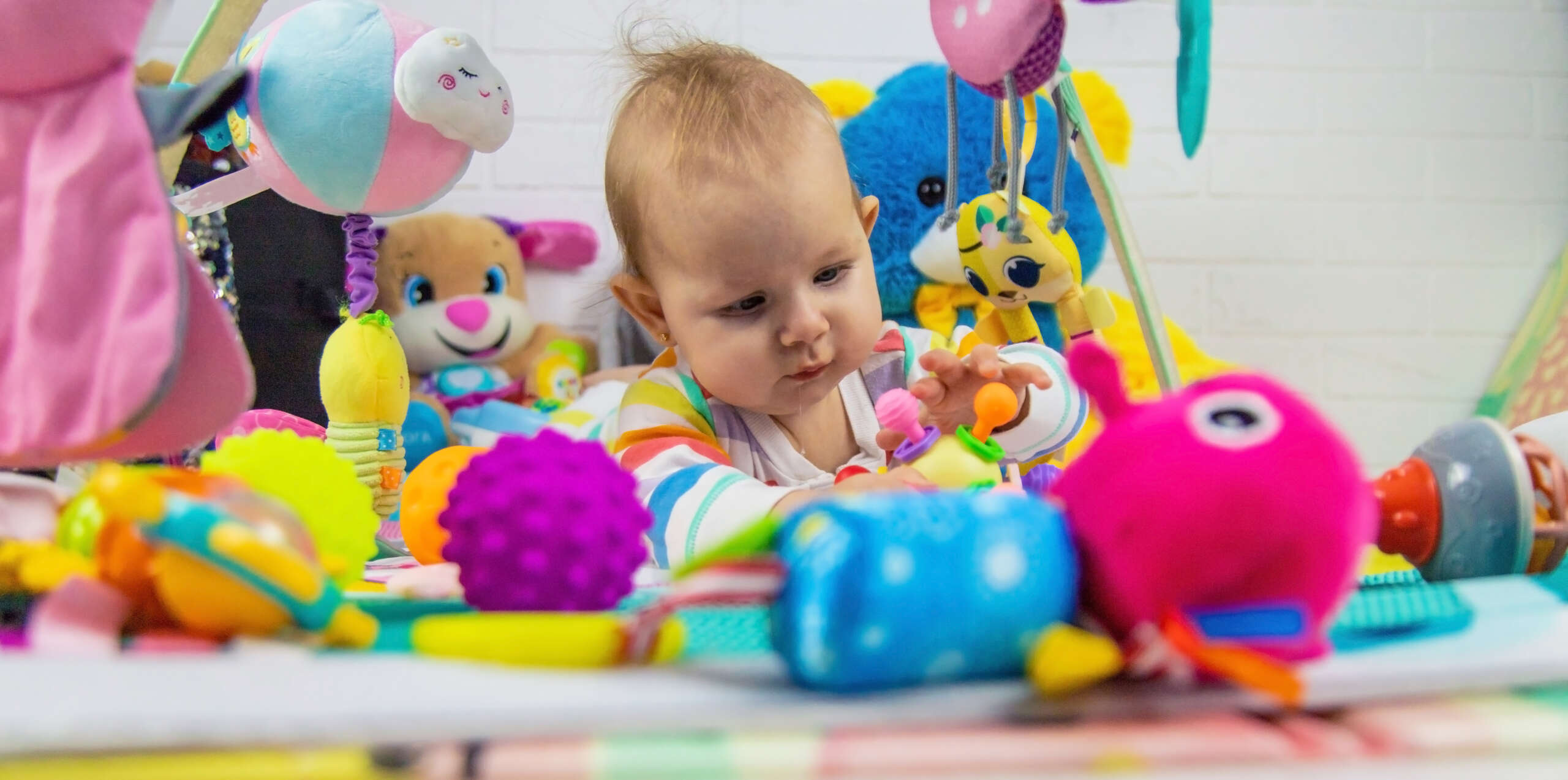As parents, we always look for creative ways to engage our little ones in learning while keeping the fun alive. The good news? You don’t need expensive materials or complicated setups to create meaningful educational experiences. Let’s explore some simple yet effective activities you can start today using items you likely already have at home.
Transform Your Home into a Learning Paradise
The key to successful educational activities is turning everyday moments into learning opportunities. Whether you’re following Montessori principles or want to encourage your child’s natural curiosity, these activities will help develop essential skills while creating precious bonding moments.
1. Letter Hunt Adventure
Transform your living room into an alphabet safari! Hide foam letters or write letters on sticky notes and place them around the room. Give your preschooler a small basket and turn them into a letter detective. This activity teaches letter recognition and promotes physical activity and problem-solving skills.
Pro Tip: Make it more challenging by asking them to find letters that spell their name or simple words they’re familiar with.
2. Count and Sort Kitchen Edition
Your kitchen is a treasure trove of learning opportunities. Use dried pasta, beans, or fruit loops to create simple sorting and counting activities. This helps develop:
- Basic math skills
- Color recognition
- Fine motor skills
- Pattern recognition
Remember to supervise closely when using small items!
3. Science in the Kitchen
Create simple science experiments using everyday kitchen items. Mix baking soda and vinegar to watch a “volcano” erupt, or freeze small toys in ice cubes and let your child discover how to free them. These activities introduce basic scientific concepts while feeling like magical playtime.
Making Learning Fun and Natural

The best educational activities don’t feel like formal lessons. Instead, they tap into your child’s natural curiosity and desire to explore. Here’s how to make the most of these moments:
Keep It Playful
Children learn best through play. Even when focusing on educational goals, maintain a light and fun atmosphere. Celebrate their discoveries and encourage their questions, no matter how simple they seem.
Follow Their Lead
Pay attention to what interests your child and build activities around those themes. If your child is fascinated by cars, use toy vehicles for counting and color sorting. If your child loves animals, incorporate animal figurines into letter-sound games.
Building Routines Around Learning
Create a flexible daily schedule that incorporates different types of activities:
- Morning: Physical activities and gross motor skills
- After lunch: Quiet learning activities like puzzles or books
- Afternoon: Creative arts and sensory play
This routine provides structure while allowing for spontaneous learning moments.
Simple Arts and Crafts
Art activities develop creativity and fine motor skills while teaching concepts like colors and shapes. Try:
- Finger painting with washable paint
- Playdough letter forming
- Collage-making with magazine cutouts
Setting Up for Success
Remember these key points when planning activities:
- Keep sessions short (15-20 minutes)
- Have materials ready before starting
- Choose a distraction-free space
- Be prepared to adjust based on your child’s mood and energy level
Safety First
Always supervise activities closely and choose age-appropriate materials. Avoid small items that could be choking hazards, and ensure all materials are non-toxic.
The Power of Positive Reinforcement
Celebrate effort over perfection. Use specific praise, such as “You worked hard to find all those letters!” rather than general comments like “Good job!” This builds confidence and a growth mindset.
Involving the Whole Family
Educational activities can be more fun when siblings or other family members join. Create opportunities for cooperative learning and shared experiences. This not only enhances the learning experience but also strengthens family bonds.
Remember, the goal isn’t to create perfect educational moments but to foster a love of learning that will last a lifetime. Start with these simple activities and watch your preschooler’s curiosity and knowledge grow daily.
By incorporating these educational activities into your daily routine, you’re not just teaching academic skills but building confidence, creativity, and a strong foundation for future learning. The best part? These precious moments of discovery and learning together create lasting memories for both parent and child.


